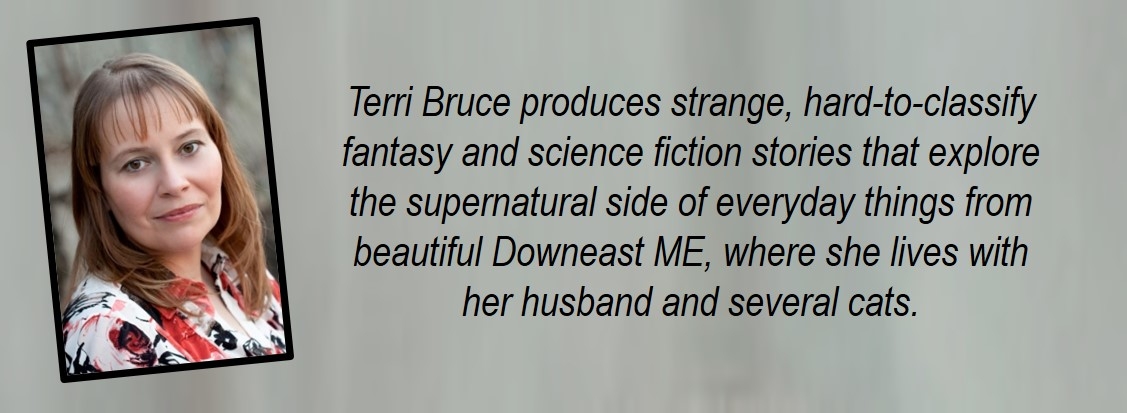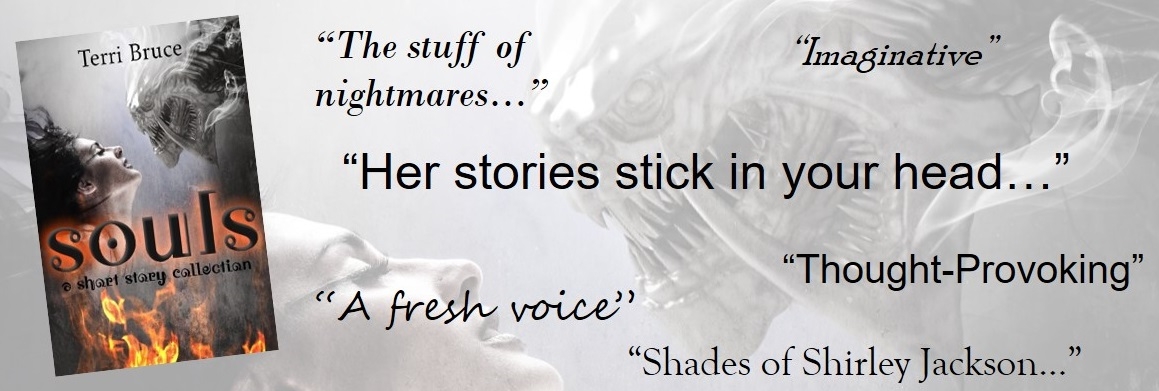Blog: To Tell The Truth
I can’t lie. It’s an odd compulsion that I’ve had all my life. When confronted with an opportunity to lie—or where a lie might be appropriate, such as when asked “Do you this new shade of lipstick?” by someone who looks like they landed lips first in a puddle of mud—I freeze like a deer in headlights. I know the truth would be a terrible thing to say and yet I can’t force an untruth past my lips. And so I just freeze. My sister recently tried to entice me in a game of “Cockroach Poker” (Kakerlakenpoker), in which lying is a key ingredient to the game. My first attempt at this game became the stuff of family legends: I became so flustered by trying to lie that I finally had to just ran out of the room to end my turn (my family found this all much more entertaining than the actual game). In my more fanciful moments, I imagine I was cursed in my infancy by an evil fairy, like Sleeping Beauty or Ella of Ella Enchanted. Modern science, on the other hands, posits that I might have a mild form of Asperger’s Syndrome or a deficiency in my “theory of mind.” This compulsion to tell the truth became one of the themes of SAY IT THREE TIMES. Americans have a long and glorious history of being conflicted about truth. While we claim to deplore lying, we condone “white lies” to save people’s feelings. Stephen M. Edelson, Ph.D. even goes so far as to say, “…the lack or inability to lie is not normal and could be maladaptive in some circumstances…” (Lying in Autism: A Cognitive Milestone). And while perfectly happy to remain ignorant of the truth, Americans pillory anyone who doesn’t come wholly clean about a situation once everything comes to light. Our society has no place for the person who always tells the truth. The English language has no word to describe such a person (though several derogatory adjectives can be used in a pinch)—the closest one can come is “Truther” or “Truth Teller.” And my favorite quote is from an anonymous message board commenter, quoting his/her friend, who said: “someone who always tells the truth is as bad as someone who always lies.”It has been my experience that the world isn’t kind to people who cannot lie. In books and movies there are many depictions of the “truth crusader”—the moralist who seeks out the truth to right a wrong, to see justice done, to ensure good triumphs over evil. But what about someone who simply tells the truth because they can’t lie? Truth can come with a heavy price, especially when revealing the truth threatens a status quo or a livelihood. The moralist or crusader weighs the drawbacks and benefits of revealing the truth and makes a rational choice; in essence, he or she chooses to accept the consequences, because he or she thinks the truth is more important, that the good that will come from revealing the truth is of paramount importance. But the compulsive truth-teller has no such choice—he or she is forced to accept the consequences without the benefit of having agreed to them.
In SAY IT THREE TIMES I set out to explore the effects truth-telling might have on a “Truther’s” life—we enter the story well after the pivotal moments of truth telling in the Detective’s life and see the wreckage that these moments have made. I purposely left the Detective’s truth-telling motivations ambiguous: does he tell the truth because he suffers from an uncontrollable compulsion, as he claims, or could it be he simply chooses to tell the truth as a way to abdicate responsibility for getting involved or picking sides—a sort of moral neutrality? What do you think?





